Having closely observed nine Australian prime ministers over the past three decades, there are patterns of behaviour that recur from time to time. Many of them are obvious in the current Prime Minister as he flounders in the wake of his disastrous Voice campaign. The latest polls, showing a decline in support for the government, compound the view in the community of an administration that has lost its way, and has no real idea of how to reverse the nation’s fortunes.
Already a subscriber? Log in
Subscribe for just $2 a week
Try a month of The Spectator Australia absolutely free and without commitment. Not only that but – if you choose to continue – you’ll pay just $2 a week for your first year.
- Unlimited access to spectator.com.au and app
- The weekly edition on the Spectator Australia app
- Spectator podcasts and newsletters
- Full access to spectator.co.uk
Unlock this article
You might disagree with half of it, but you’ll enjoy reading all of it. Try your first month for free, then just $2 a week for the remainder of your first year.

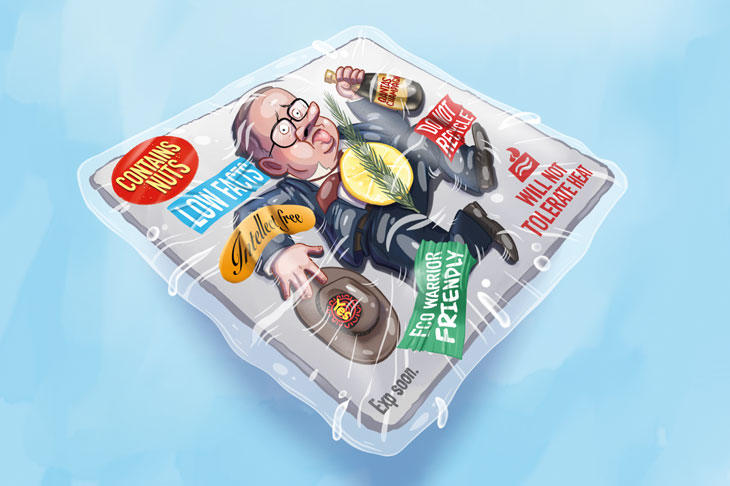


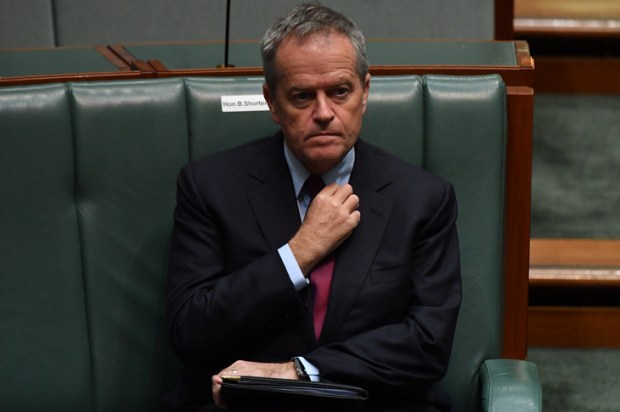
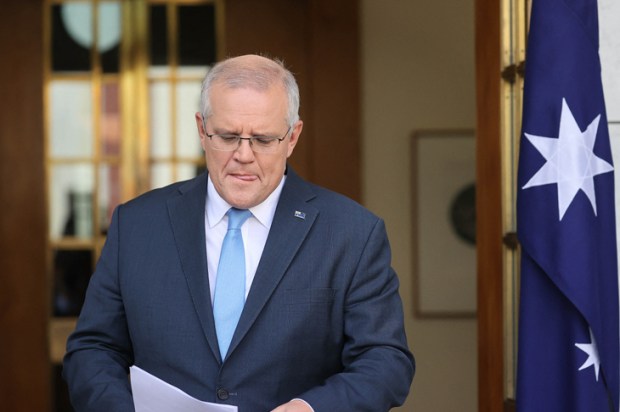
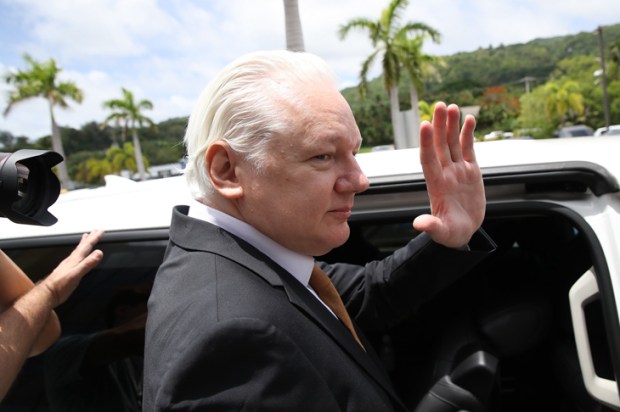
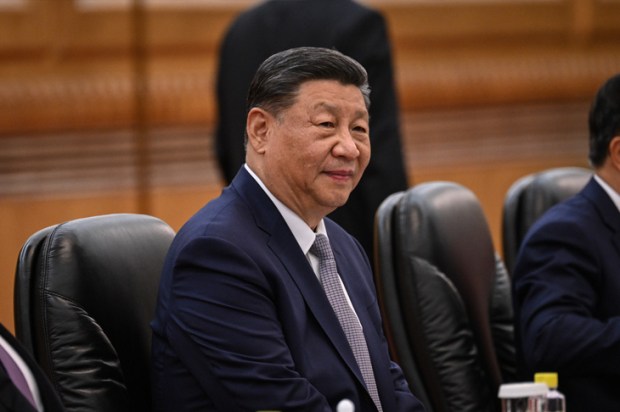






Comments
Don't miss out
Join the conversation with other Spectator Australia readers. Subscribe to leave a comment.
SUBSCRIBEAlready a subscriber? Log in